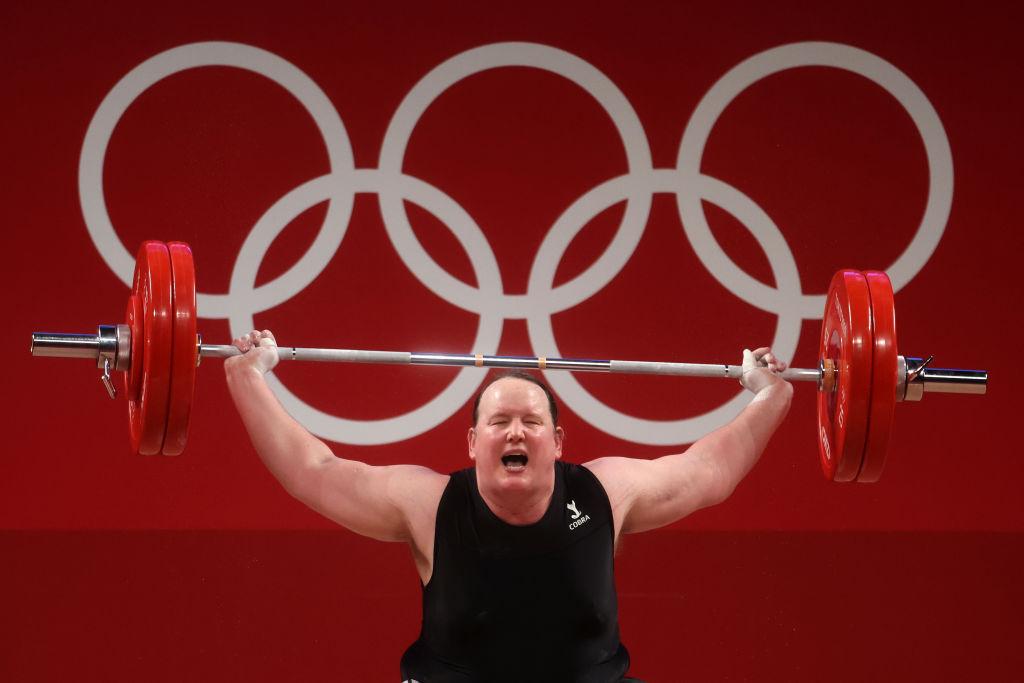The International Olympic Committee (IOC) on Tuesday introduced a new framework for transgender athletes, which allows trans-identified males to compete in women’s sports without having to undergo testosterone suppression or hormone therapy, raising concerns that some countries might “rig the system.”
In a six-page document, the IOC outlined 10 principles with a stated aim to ensure that “athletes are not excluded solely on the basis of their transgender identity or sex variations.”




